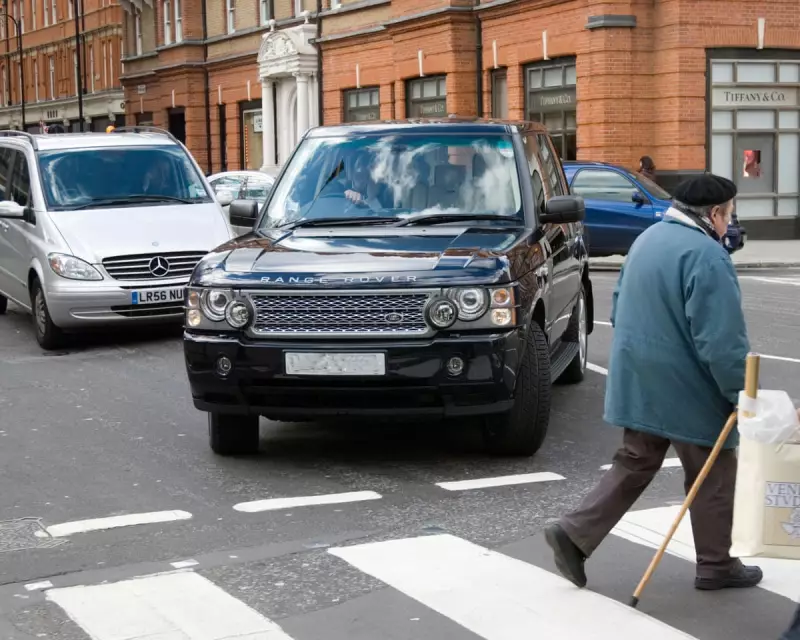
A radical new study has revealed the UK Treasury is missing out on a potential windfall of nearly £2 billion by not taxing large, polluting SUVs in line with other major European nations.
The research, conducted by the Environmental Audit Committee, highlights a significant gap in UK policy. While countries like France and the Netherlands impose hefty taxes on heavy, high-emission vehicles to discourage their use and promote cleaner alternatives, the UK's current system is far more lenient.
The Price of Pollution
The proposed tax overhaul would target the heaviest and most polluting SUVs, which have surged in popularity over the past decade. These vehicles not only contribute disproportionately to carbon emissions but also cause more wear and tear on road surfaces and pose a greater risk to pedestrians.
"We are effectively subsidising pollution," a source close to the study stated. "Aligning our tax regime with our European neighbours would not only generate significant revenue for public coffers but also send a clear market signal that the era of the gas-guzzler is over."
A Greener Future for UK Transport
The potential £1.9 billion in revenue could be funneled into a multitude of green initiatives. Experts suggest the funds could be used to:
- Subsidise the purchase of electric vehicles for low-income families.
- Accelerate the rollout of electric vehicle charging infrastructure across the country.
- Invest in improved cycling and walking networks in towns and cities.
- Boost subsidies for public transport, making it a more affordable option for everyone.
This move is seen as a crucial step towards the UK's legally binding commitment to achieve net-zero carbon emissions by 2050. It follows a growing trend of using fiscal policy to drive environmental goals.
Industry and Consumer Response
Unsurprisingly, the proposal has received a mixed response. Environmental groups have hailed it as a "long-overdue" and "common-sense" approach to tackling transport emissions.
However, some segments of the automotive industry and consumer advocates have expressed concern, arguing that it would unfairly penalise families who rely on larger vehicles for work or need them for practical reasons. The debate is set to intensify as the government examines the study's findings.
With the Autumn Budget on the horizon, all eyes will be on the Chancellor to see if he will seize this opportunity to boost green investment and tax pollution.





